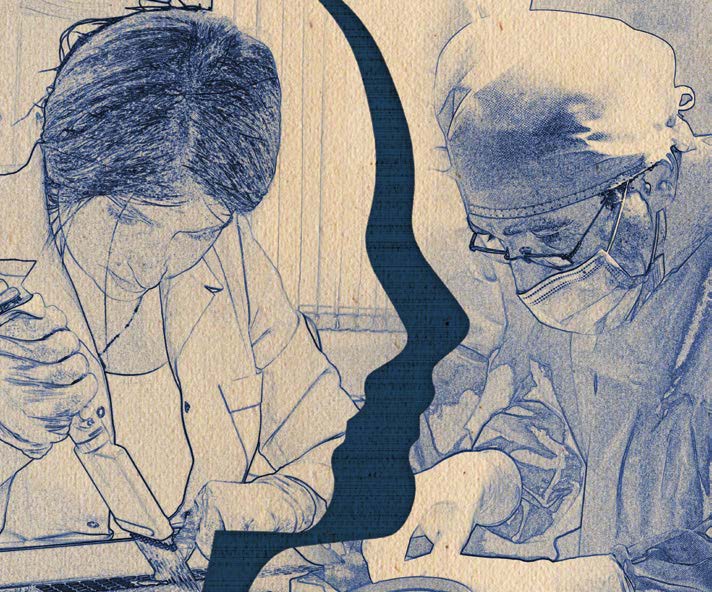Features of translation and training of interpreters in the healthcare sector
Gayane Hovhannisyan, Armine Vahanyan, Hrachya Tatevyan
Chair of English Communication and Translation, V. Brusov State University, Yerevan, Armenia
ABSTRACT
This methodological article discusses the necessity of teaching the series of “healthcare-medical field translation” subjects in the educational programs of the “translation studies” profession and their importance in training of multi-professional interpreters. The problem is relevant not only from the point of view of training professional translators, but also from the point of view of the development of scientific vocabulary and a narrow field healthcare-medical terminology system in the Armenian language, which is necessary for the stimulation of the scientific language. In particular, the psycholinguistic, legal, pragmatic and, in a broader sense, communicative features of medical, or in a broader sense, the translation of the health sector, are identified. Particular emphasis is placed on the requirement to search for sectorial knowledge, correct information, use reliable sources. It is recommended to include in the curriculum of the translation studies educational program a research component for the realization of field terminology, which also includes the creation of bilingual and trilingual databases of abbreviations, terminological skills, narrow professional and general field classification of terms and abbreviations. The problems and obstacles related to the training of future translators and their future work are addressed. The problem of translation and adaptation of psychological tests/surveys and quality of life questionnaires used in medical materials is considered separately, which in itself is currently one of the important issues of healthcare communication. Based on the proposed model of teaching of the field in question, specialist-readers can develop a complex of courses aimed at forming translation skills in other fields of interest to them.
Keywords: medical translation, cross-cultural adaptation, field terminology, abbreviations.

